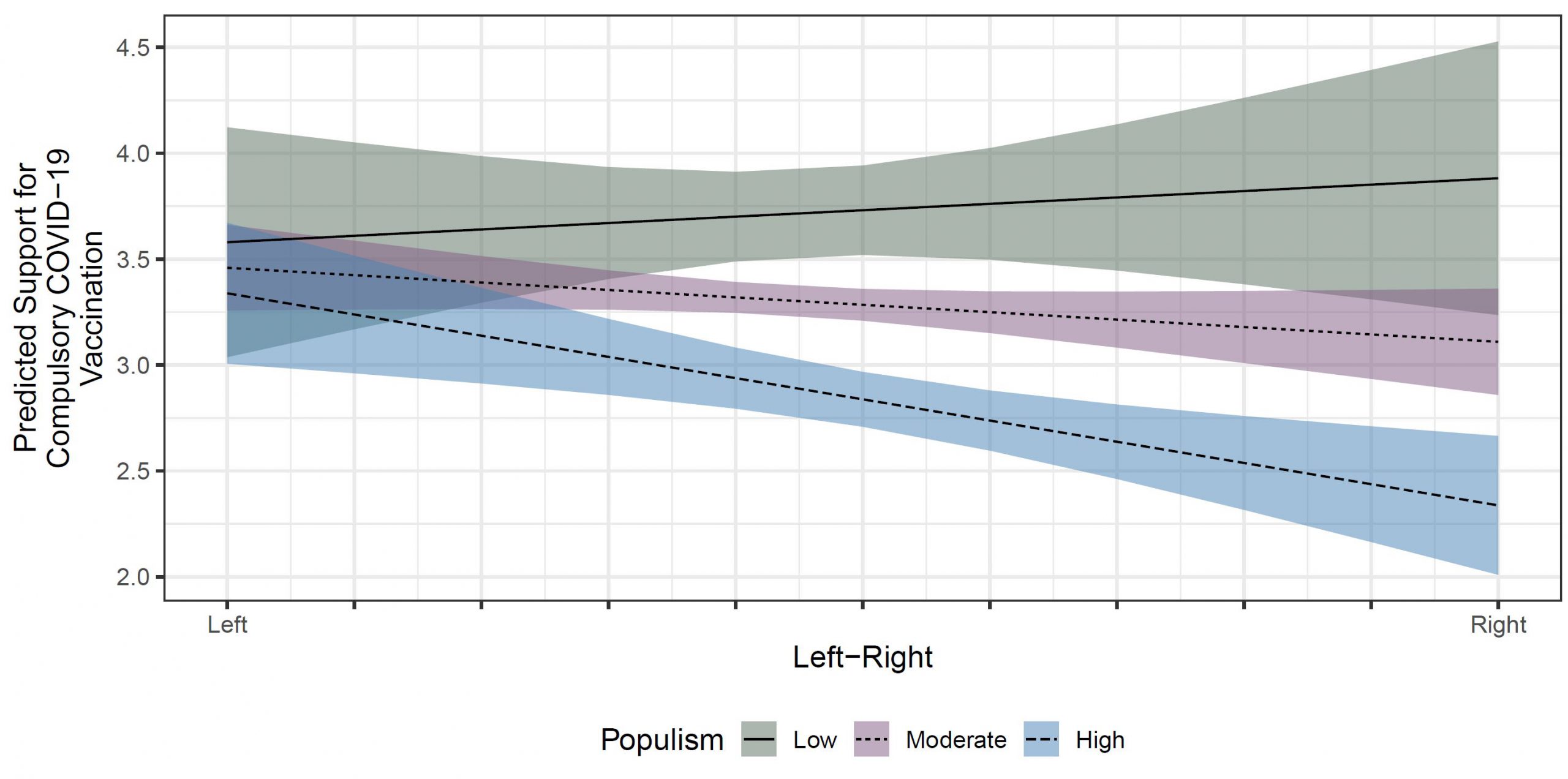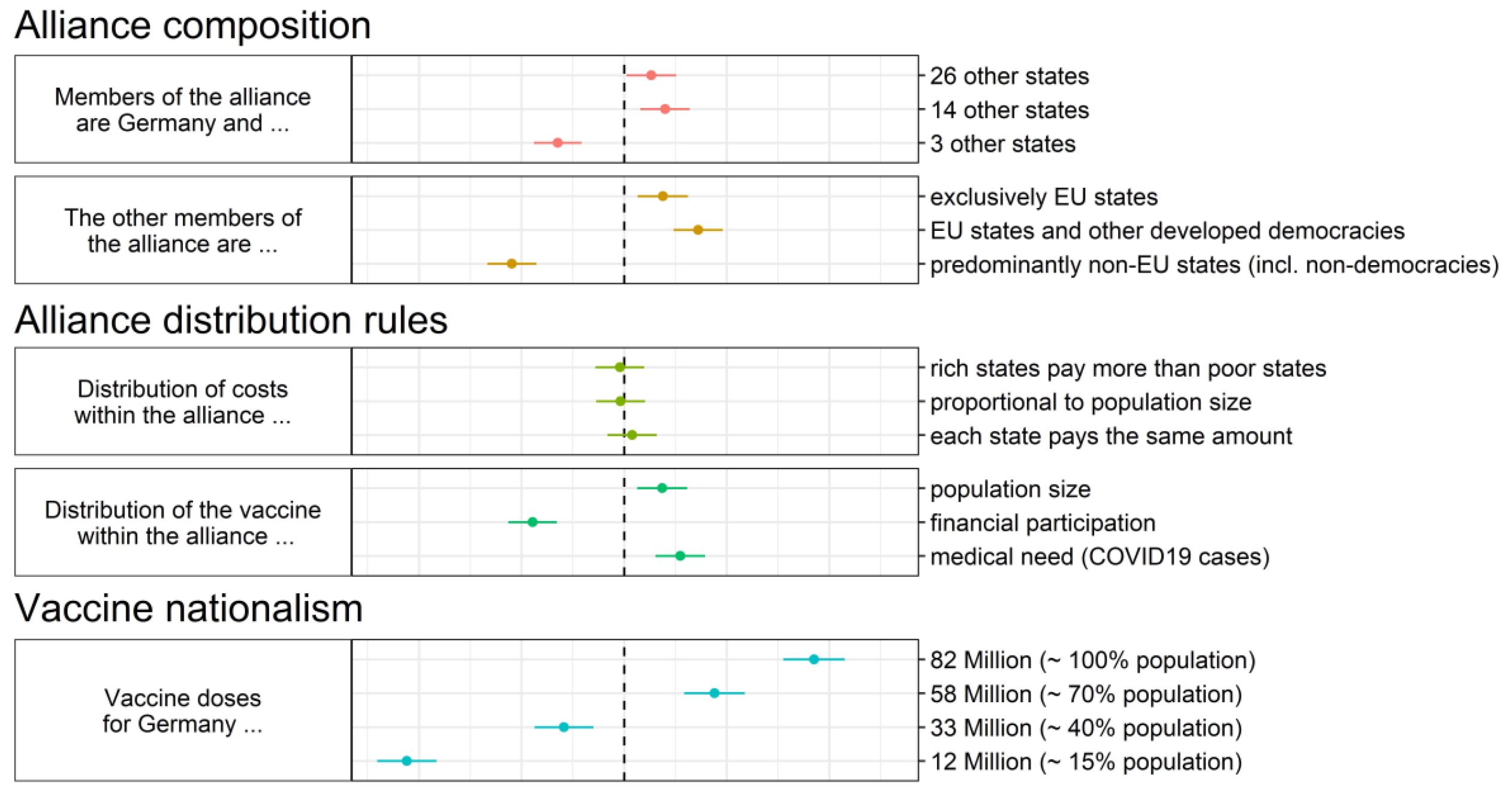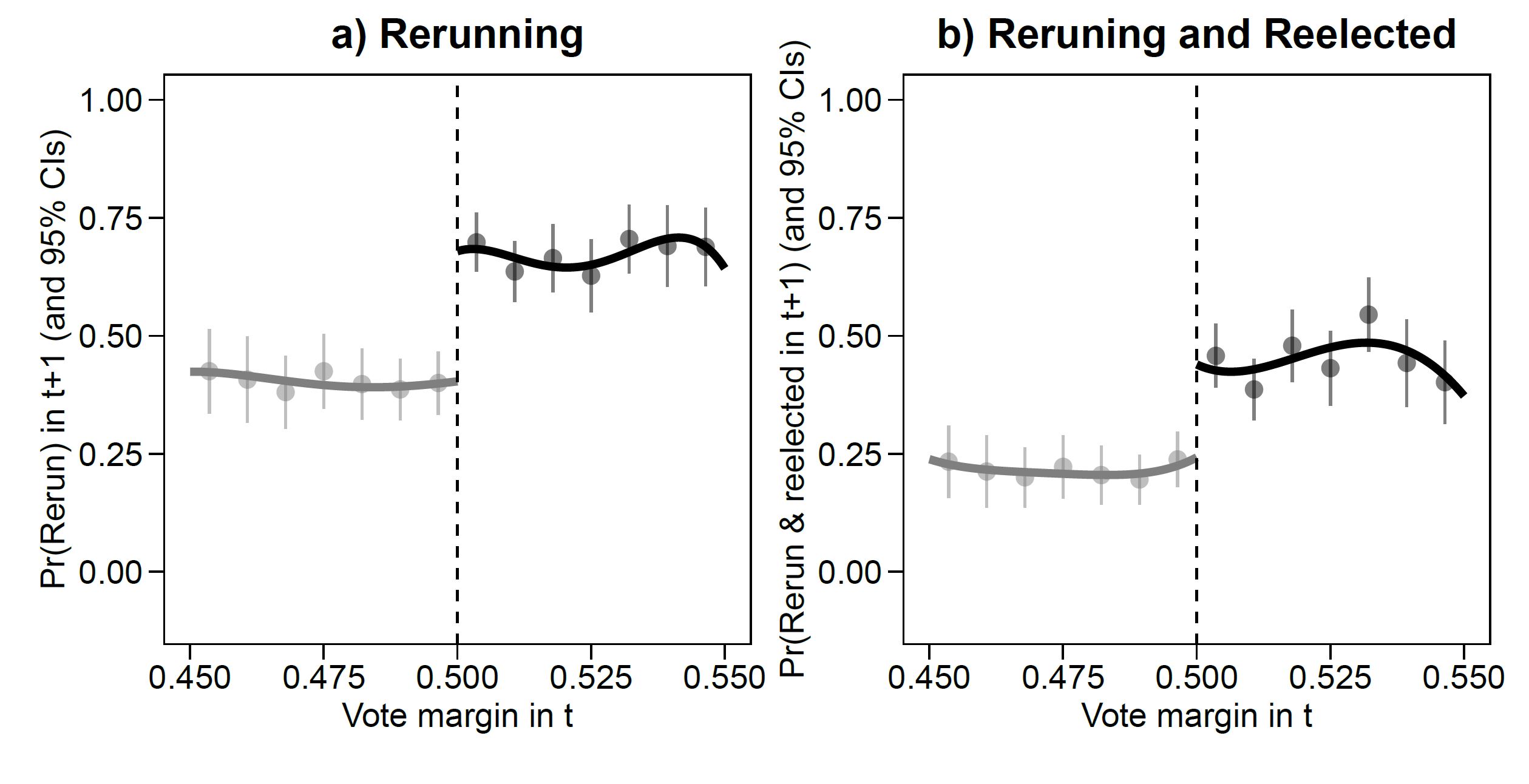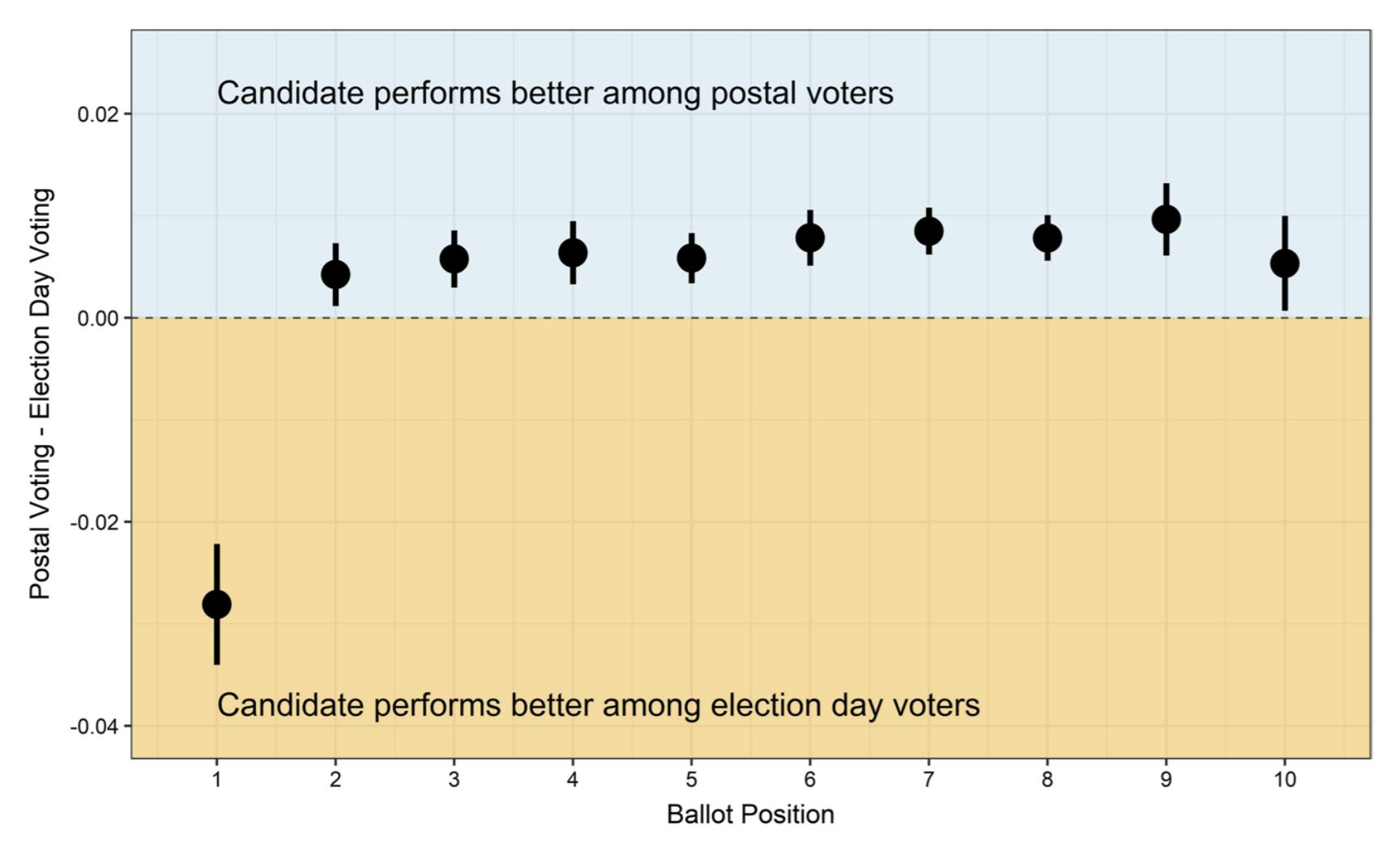The Paper „Who wants COVID-19 vaccination to be compulsory? The impact of party cues, left-right ideology, and populism“ is now online first (open access) in the journal Politics. The paper can be accessed from here: https://journals.sagepub.com/doi/full/10.1177/02633957211061999.
Vaccine hesitancy is one of the major obstacles for successfully combating the ongoing COVID-19 pandemic. To achieve a sufficiently high vaccination rate, calls for compulsory vaccinations have been discussed controversially. This study analyses what drives citizens’ attitudes towards compulsory vaccination during the COVID-19 pandemic. Specifically, we are interested in the impact of party- and expert cues on public attitudes. We further expect populist attitudes to be an important indicator of the rejection of compulsory vaccination due to their scepticism towards science. To test these expectations, we rely on a cueing experiment conducted on a sample of 2265 German citizens. We test for the effects of in-party and out-party cues as well as public health expert cues. We find evidence for in-party cues, meaning that respondents adjust their position on this issue in the direction of their most preferred party. Similar results can be found for public health expert cues. However, there is no evidence for out-party cues. Further analyses reveal that support for compulsory vaccinations is not affected by left-right placement directly. Instead, only the combination of right-wing attitudes and populism negatively affects support for compulsory vaccination.



